Bride’s 79-Year-Old Landlord Asks to Walk Her Down the Aisle at Her Wedding in Heartwarming Moment
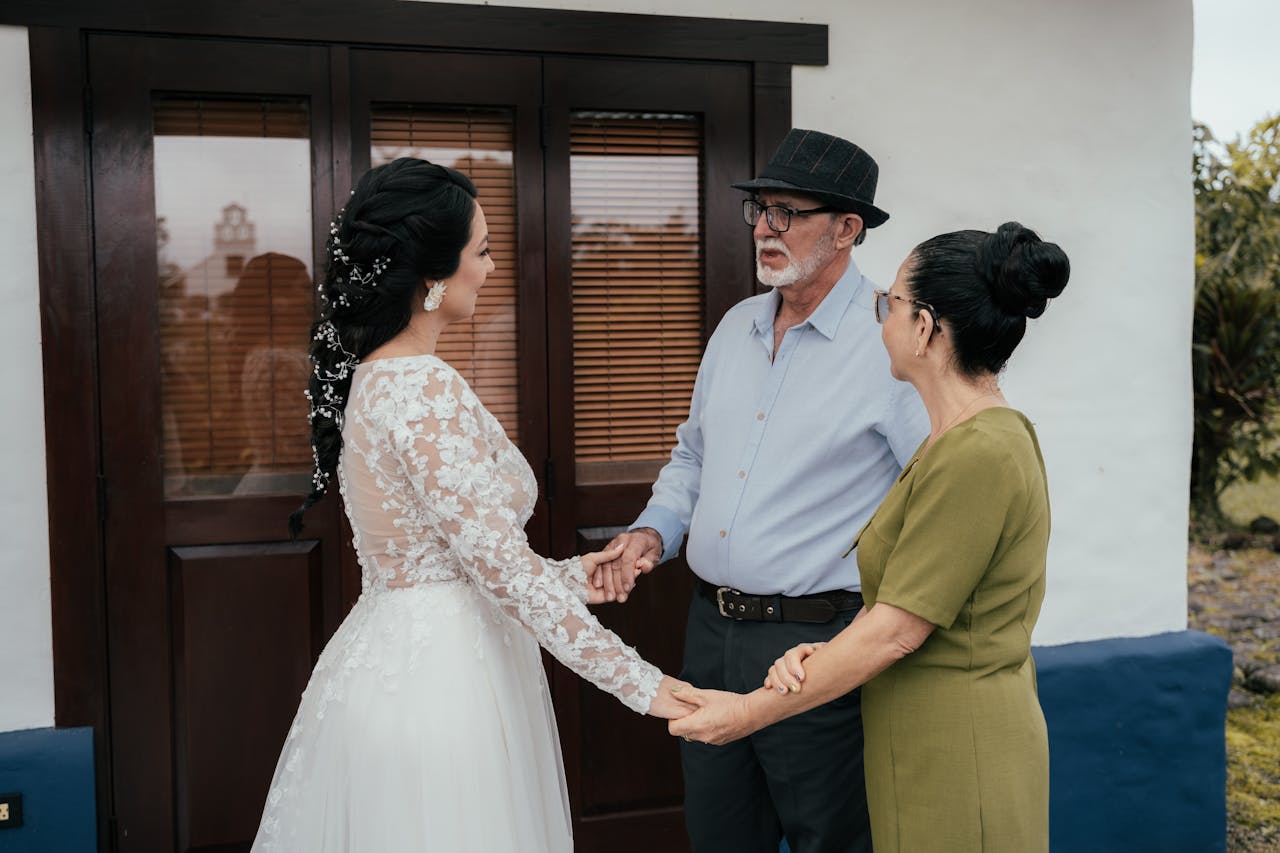
There are certain absences in life that we learn to live with. They don’t shout. They don’t demand attention. They settle in quietly—like background music we’ve gotten used to tuning out.
Shacole Fox thought she had made peace with that kind of silence. She never knew her father, and for most of her life, she didn’t think she needed to. She built her life without him. She loved, she worked, she healed. And when her wedding day arrived, she believed that absence wouldn’t matter.
But the body remembers what the mind forgets.
As the music played and the guests stood, everything was in place—except for the space beside her. Not a spotlight. Not a headline. Just a subtle ache in the spot where a father might have stood.
And then, someone else stepped into that space. Not because he had to. Not because tradition demanded it. But because something in him recognized something in her. And in that simple act of presence, he gave her what no ceremony ever could—a healing she didn’t know she was still waiting for.
When Presence Becomes the Medicine
Healing doesn’t always come with candles, crystals, or softly spoken affirmations. Sometimes it shows up in the form of a person who sees what you’ve carried—and chooses to carry it with you.
For most of her life, Shacole Fox lived with a quiet gap where a father’s presence might have been. She had filled that space with strength, with art, with the belief that she didn’t need anyone to walk beside her. But some aches don’t reveal themselves until you’re standing at the edge of something sacred—like a wedding aisle—and suddenly realize there’s no one holding your hand.
“When I thought about who would walk me down the aisle, trying to figure out what that looks like, the thought of it was surprisingly painful,” she told CBS News.
That pain wasn’t about resentment. It was about recognition. That even when we grow through it, even when we rise above it, there are still moments when we long to be accompanied. Not out of weakness, but out of the deep human desire to be seen in our becoming.
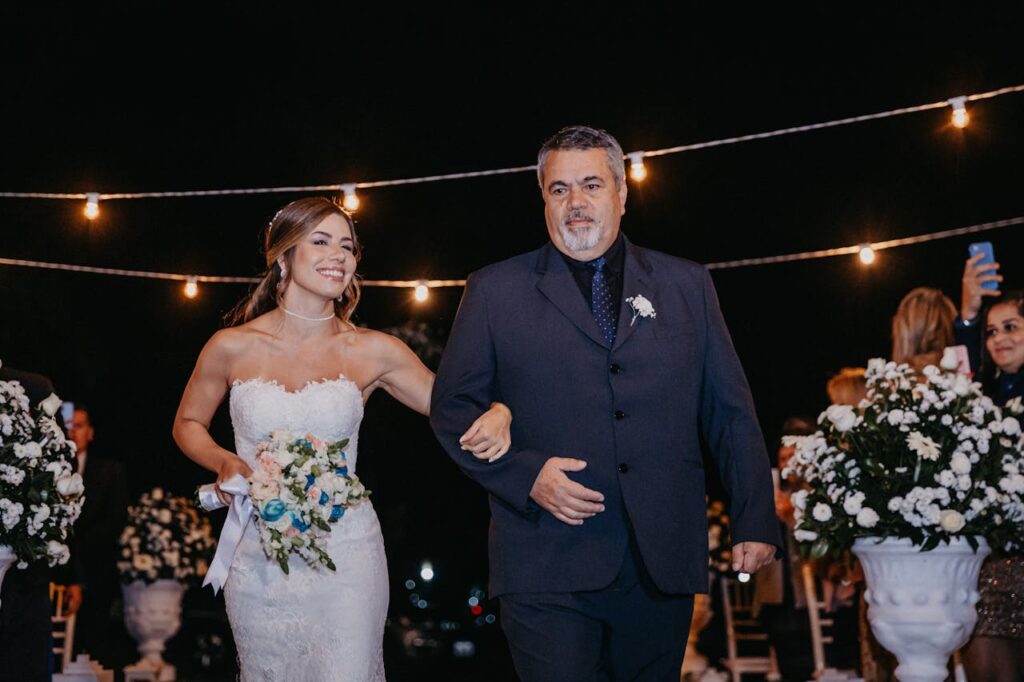
That companionship came from an unlikely place. Gil Pulliam, her 79-year-old landlord, wasn’t just the man who rented her studio—he was the man who noticed what wasn’t said. And in his noticing, he stepped in. “So I went back up to ask Shacole if I could escort her down the aisle,” he told CBS News. “And she said, ‘Yes, yes, yes!’ And on and on and on.”
She didn’t expect it. “Wouldn’t have thought in a million years,” she said of the moment.
But what followed wasn’t just a symbolic walk. It was a moment of pure presence. “The music is playing — and I’m getting ready to walk down the aisle — and he grabbed my hand so tight,” she remembered. “And it was a really good feeling… Yeah, it still is. Like a wound had been healed in my heart.”
Sometimes, the most powerful thing someone can do isn’t to fix your past—it’s to stand beside you in your present. No words. No titles. Just presence. And that, in itself, is medicine.
Family Isn’t Who You’re Born To—It’s Who Shows Up
Let’s be real for a moment. Some people are born into families that hold them, lift them, love them without condition. But many aren’t. And for those people—maybe for you—healing doesn’t come from rewriting the past. It comes from rewriting what “family” means.
There’s a quiet evolution happening, and it’s not about rebellion—it’s about remembrance. A remembering of the soul’s real needs: to be seen, to be supported, to belong. And more and more, people are finding that these needs are being met not through blood, but through presence.
Sociologists call it “chosen family.” But let’s go deeper. These aren’t just substitutes. They are sacred appointments—people who arrive when life gets honest. Who fill in the gaps not because they have to, but because they choose to. Someone who texts when your energy feels low. Someone who remembers your hard days. Someone who, like Gil Pulliam, simply decides to walk beside you in a moment that matters.

And it’s not just anecdotal. According to a 2023 report by the Pew Research Center, only 37% of adults ages 25 to 49 now live with a spouse and child, down from 67% in 1970. The family blueprint is being redrawn—in shared apartments, single-parent homes, friendships that last longer than marriages.
The science mirrors the spirit. The American Psychological Association affirms that resilience—the ability to keep going when life cracks you open—is built not on structure, but on connection. And that connection doesn’t have to be genetic. It just has to be real.
So maybe it’s time to let go of the idea that love has to look a certain way. Maybe family isn’t defined by who you’re born to, but by who shows up when your heart says, I need someone right now.
The Walk Isn’t About Tradition—It’s About Truth
Some rituals are so familiar that we stop questioning them. We inherit them like old furniture—passed down through generations, placed in our lives without asking if they still fit. One of those rituals is the walk down the aisle.
For centuries, it’s been scripted: the father gives the bride away. A gesture once born from arranged marriages, from property exchanges, from contracts written in someone else’s handwriting. But times change. Hearts change. And with them, the meanings we attach to tradition begin to evolve.
Today, walking down the aisle isn’t about ownership—it’s about presence. It’s about who shows up to stand beside you when your heart is vulnerable, when your past is peeking through the cracks of a perfect day, and when your future is waiting at the end of that walk. As Brides magazine put it, it has become “a gesture of love, support, and the join of two families.”
Shacole Fox didn’t need someone to give her away. What she needed—what many of us need—was someone who could stand beside her in a moment that felt both beautiful and hollow at once. Someone who could transform a painful absence into an act of emotional presence. And Gil Pulliam, her landlord, became that someone.
Her story resonates because it speaks to the space between tradition and authenticity. Some brides walk alone. Some walk with both parents. Some choose friends, mentors, or no one at all. And every version is valid—because the power isn’t in the ritual, it’s in the meaning we give it.
Even in places like Sweden, debates are surfacing around whether the “handover” tradition should continue. Some see it as a symbol of patriarchal roots. Others view it as a way to honor family ties. But perhaps the answer isn’t to keep or discard tradition—it’s to redefine it based on what feels true.
What Shacole and Gil did wasn’t just sweet—it was revolutionary. They didn’t reject tradition. They reimagined it. And in doing so, they proved something timeless: that the walk isn’t about the title of the person beside you—it’s about the truth of their love.
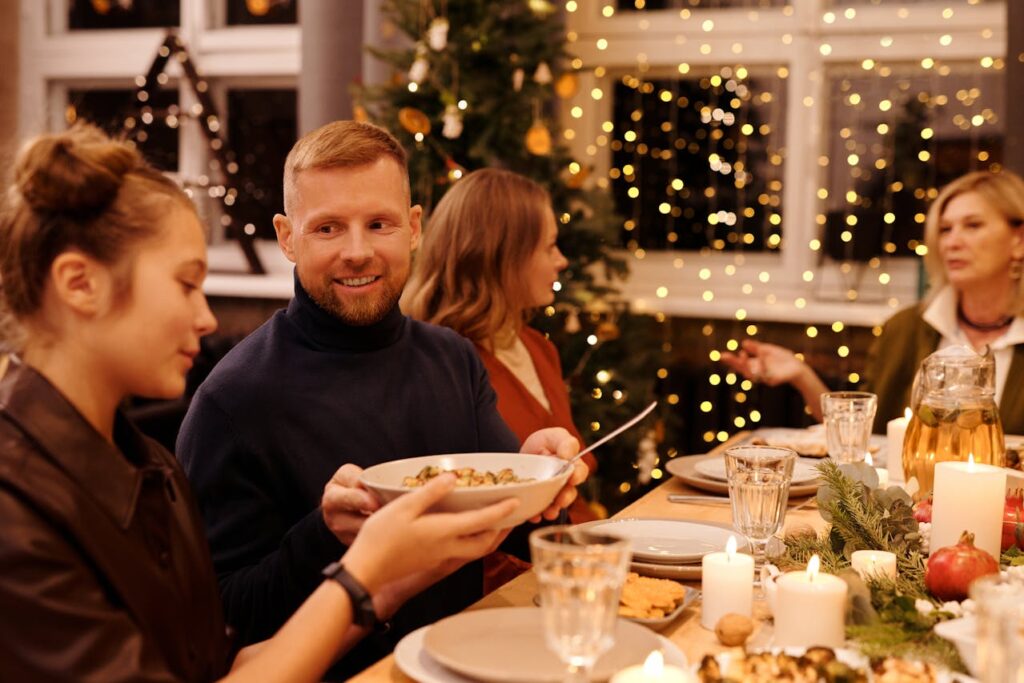
When Wisdom Walks Beside Youth
In a world that moves fast, it’s easy to forget the wisdom sitting quietly in the slow. We separate generations into categories, algorithms, and living arrangements. The young chase progress. The old are too often left behind. But when those worlds collide—not by force, but by grace—something rare and powerful happens.
What Gil Pulliam offered Shacole Fox wasn’t just a kind gesture. It was a bridge between generations. A reminder that love doesn’t expire with age, and that presence doesn’t need a title to carry weight.
We don’t see enough of this anymore. In a time where communities are fragmented, where elders often age alone and younger people are raised by screens more than wisdom, intergenerational connection has become a lost language. But research proves what our hearts already know.
The Harvard Study of Adult Development—an 85-year journey into what makes life fulfilling—has shown that warm, close relationships are the greatest predictors of long-term well-being. Not IQ. Not wealth. Not status. As study director Dr. Robert Waldinger puts it, “Loneliness kills. It’s as powerful as smoking or alcoholism.”
And those bonds don’t have to come from family. According to a 2022 AARP report, many adults form deep, healing friendships with people decades apart in age. These relationships break stereotypes, ease loneliness, and expand both wisdom and empathy. They aren’t built on roles. They’re built on reciprocity, presence, and the willingness to listen.
When Pulliam reached out to Fox, he wasn’t offering to replace anyone. He was offering to walk with her—literally and spiritually—into a moment that mattered. And by accepting that hand, Fox didn’t just experience kindness. She experienced the kind of grounded, stabilizing support that transcends bloodlines.
It’s easy to think we’re alone in our stories. But maybe healing is closer than we think. Maybe it’s across the hall. Maybe it’s older. Maybe it walks with a slower step—but carries everything you didn’t know your heart still needed.
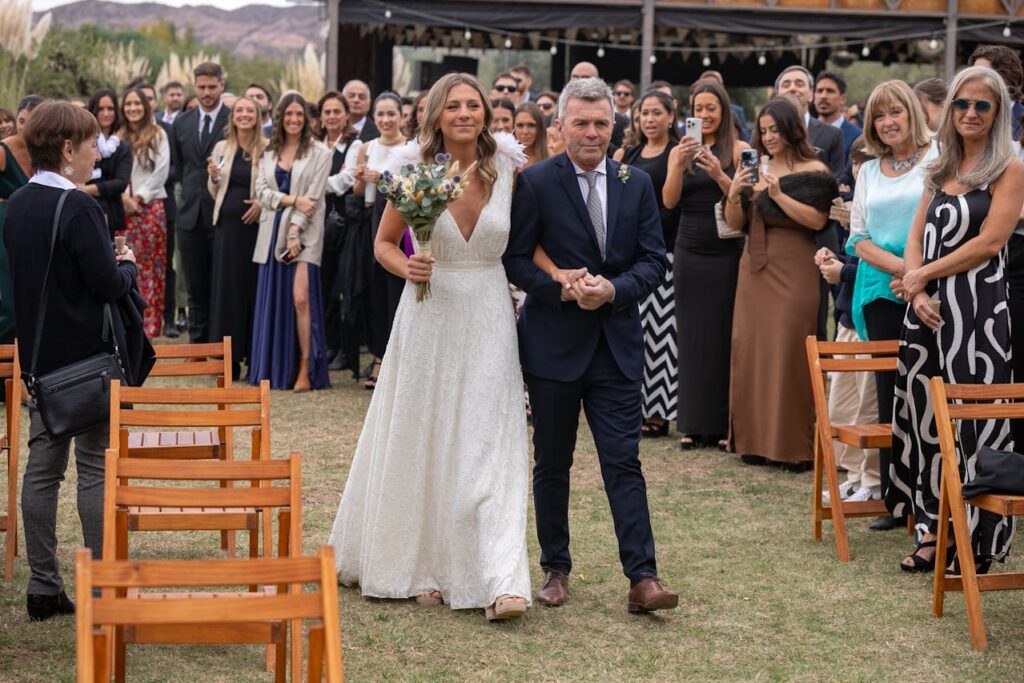
How to Create Soul-Level Connections—One Moment at a Time
You don’t have to wait for a life-changing event to build something meaningful. Real connection happens in the ordinary—in the pauses, the presence, the paying attention. Here’s how to start noticing what could become something sacred.
- Be open where you are.
That quiet neighbor. The coworker you barely speak to. The older man who always nods but never speaks. These aren’t just background characters in your story—they might be chapters waiting to unfold. Presence begins with openness. - Let people see your realness.
Not just your accomplishments or your filtered life, but the parts you usually hide. Let them see your hesitation, your laughter, your tired eyes. Vulnerability isn’t weakness—it’s an invitation. - Listen with intention.
The world is loud. Most people are just waiting for their turn to speak. Be the one who actually hears. When you remember small things—someone’s favorite tea, their rough week—it tells them: you matter, and I see you. - Drop the roles.
Intergenerational bonds only thrive when ego steps aside. Don’t speak to age—speak to the human underneath. Wisdom isn’t always handed down. Sometimes it’s exchanged. - Notice who’s already present.
Who shows up for you without asking? Who makes space for your silence? These are the ones worth investing in. Often, love is already there—we just need to call it what it is.
The Ones Who Show Up
Life doesn’t always give us what we expected. It gives us what we’re ready to receive.
Sometimes, the people we thought would be there aren’t. And sometimes, the people who are there surprise us—quietly, consistently, powerfully. They may not carry our name. They may not share our blood. But they carry us in the ways that count.
Shacole Fox didn’t plan for a father figure to appear. But when she stood at the edge of a life moment, someone did. Not because they had to. Because they chose to.
That’s the heart of it. The people who choose you—over and over, without applause—are the ones who turn emptiness into belonging. In a world where connection can feel so fragmented, that choice is sacred.
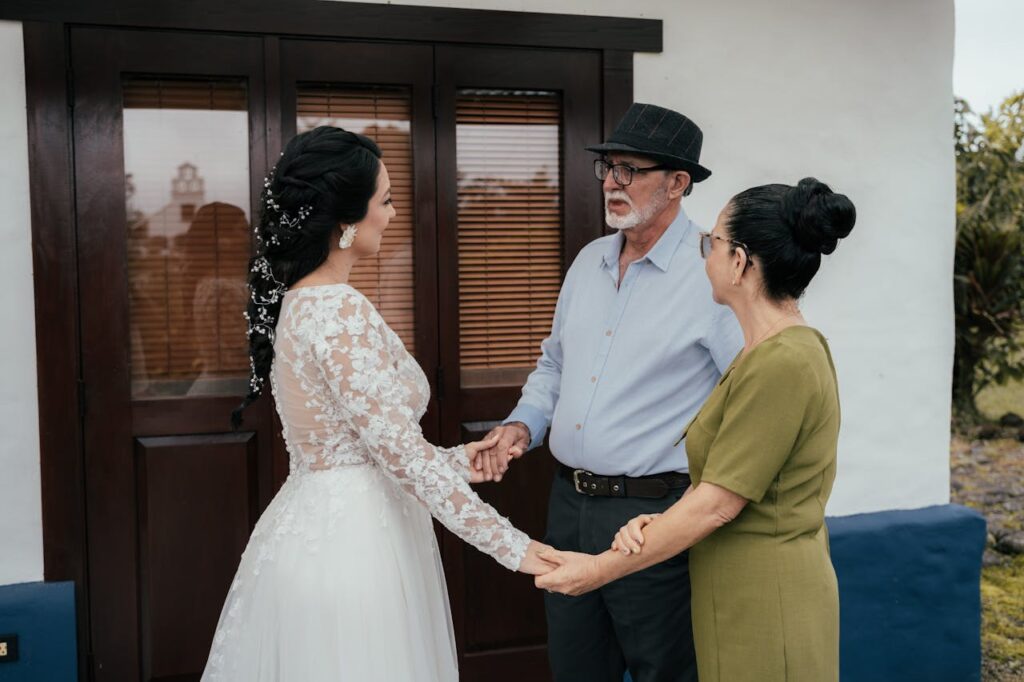
So look around. Not for the perfect family or the textbook bond. Look for the ones who hold your hand when it matters. Who see your need before you speak it. Who show up.
And when you find them—show up, too.
Because love isn’t about who’s supposed to be there.
It’s about who is.
Loading...

